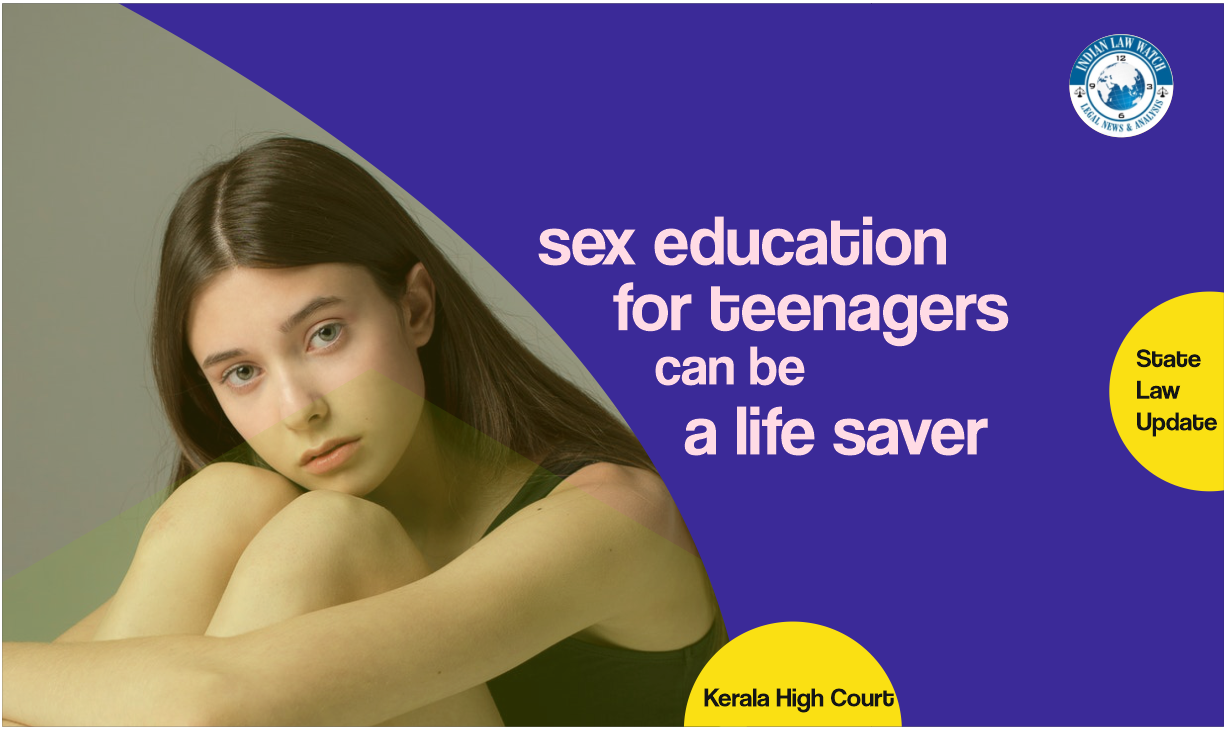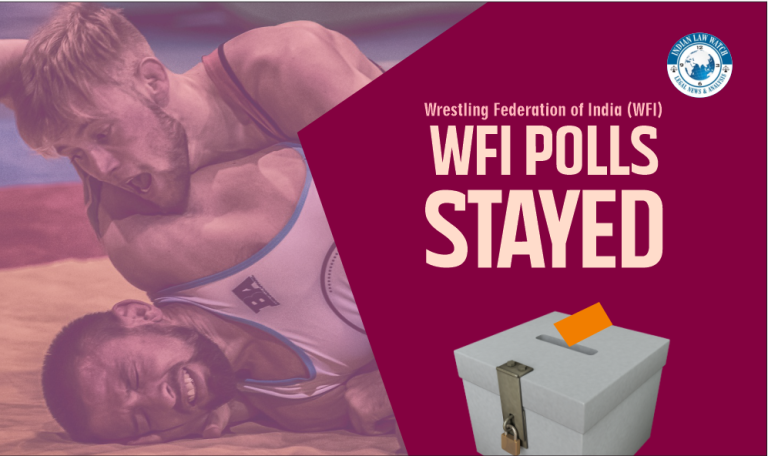
The Kerala High Court called for sex education in schools expressing concern that teenagers were unaware of the consequences of having sexual relationships with each other, even if it’s consensual, as they can be booked under the Protection of Children from Sexual Offences (POCSO) Act and the amended Section 376 of Indian Penal Code (IPC).
The bench was hearing a bail plea when the judge commented on the rise in the number of sexual offence cases filed against school children as teenagers indulged in sexual relationships and were oblivious to the consequences under the POCSO Act.
“Young children, irrespective of gender, indulge in such acts, unmindful of the drastic consequences that await them. The amendments brought into the Indian Penal Code and the enactment of the POCSO Act envisage very harsh consequences for such offensive acts. Unfortunately, the statute does not distinguish between the conservative concept of the term rape and the sexual interactions arising out of pure affection and biological changes,” said the court in its order.

- The bench added that a meaningful life could practically be “snuffed out by an immature or negligent act arising out of human curiosity or biological cravings”, which psychologists regard as natural.
- In its order, the judge also criticised the law and said that they do not contemplate the “inquisitiveness of adolescence and treat all ‘intrusions’ on bodily autonomy, whether by consent or otherwise, as rape”.
- Furthermore, the court stated that state government and education departments must take necessary steps, with the Court’s assistance if needed, to tackle the issue.
- The bench suo moto, in the exercise of the powers under Article 226 of the Constitution of India, impleaded the State Department of Education, Central Board of Secondary Education (CBSE) and the Kerala State Legal Services Authority into the plea, asking them to pave the way for better awareness of the statues in schools in the state.
Source: News9live






